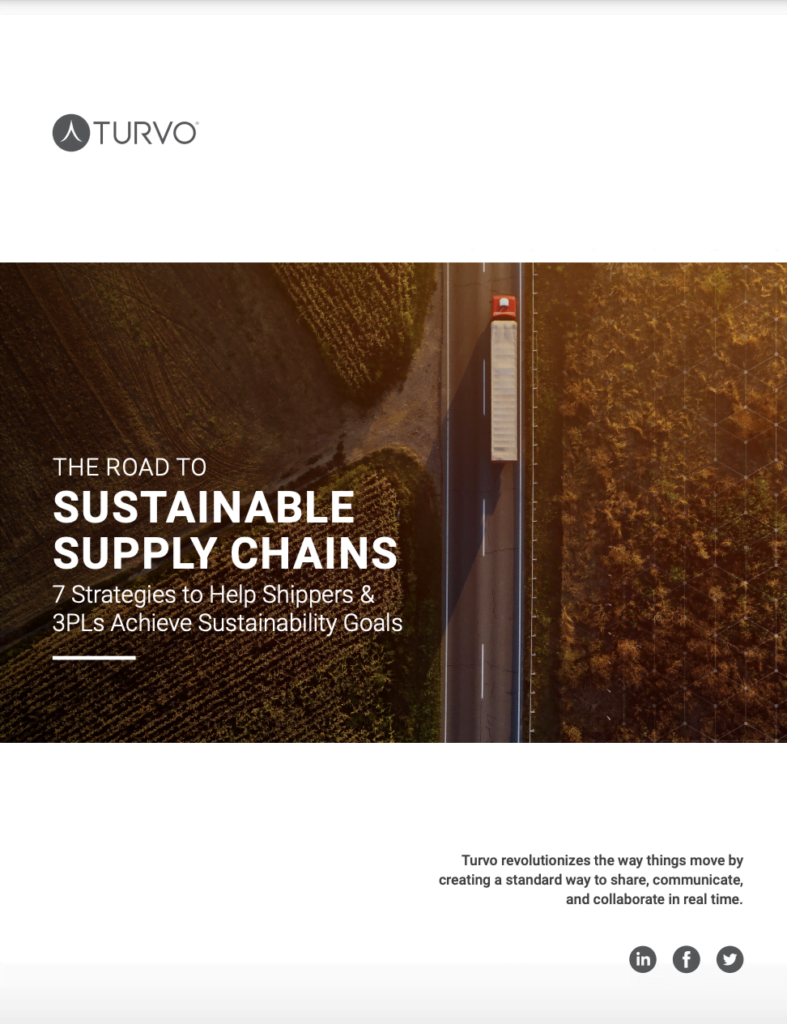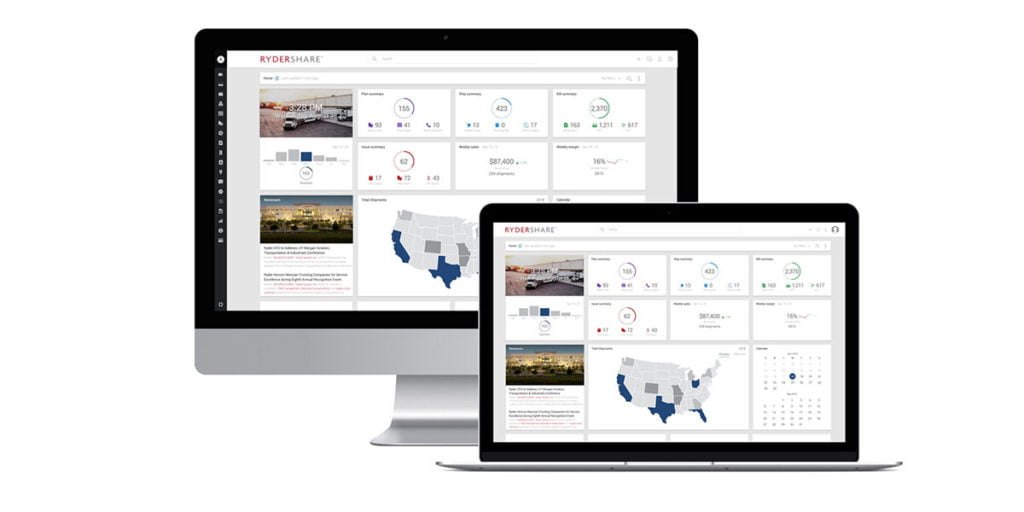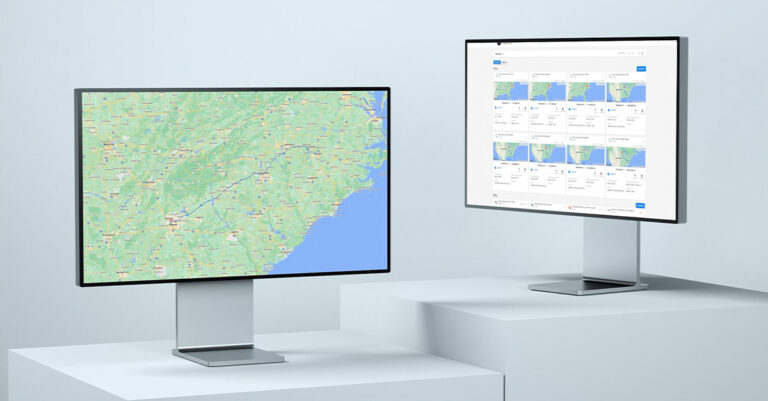A growing number of businesses worldwide are pledging to reduce their carbon footprint and contribute to a better society. However, companies must initiate long-term measures to make a genuine difference throughout their supply chains.
Sustainability matters significantly in businesses where products have special shipping needs or have a limited shelf-life, for example, the food industry. Every year, between 30% and 40% of the food supply in the United States is thrown away. According to the USDA Economic Research Service estimates, 31% of this loss happens at the store or customer level. Another 40% happens farther up the supply chain, resulting from insufficient field labor to produce full harvests or a limited cold supply chain. Many foods and grocery stores want to accomplish bolder targets. Consumers are growing more conscious of their environmental implications and seek methods to purchase greener products. They wish to engage in sustainable practices within the company and urge its suppliers to do likewise. Also, from the logistics point of view, a sustainable cold chain logistics provider incorporates sustainable practices in its complete cycle of operations.
Sustainable supply chains: The missing link for sustainable development
The refrigerated components of the supply chain, known as cold chains, have long been an integral part of modern logistics. They aid in keeping produce fresh, nutritious, and secure while it travels from farm to fork. Cold chains improve food security, minimize food waste, and increase farmers’ revenue. Cold chains have also proved critical in the pharmaceutical industry. They have been used to effectively roll out vaccination programs (such as COVID-19) and the delivery of other life-saving drugs. It is impossible to assure viable vaccinations to the millions or billions of people who need them without a reliable and unbroken cold chain.
The burden of cold chains on the environment
While it is evident that we must solve the sustainability challenges. For industries such as food or pharmaceuticals, it is not as simple as increasing the number of cold chains. Traditional cold chain systems often consume a large amount of energy. It is typically derived from fossil fuels and refrigerants. Refrigerants are multiple times more damaging than carbon dioxide, which are detrimental to our environment. As global temperatures ascend, emissions from cold chains are projected to grow, owing to a higher requirement for cooling across different industries. While there isn’t much data, it’s believed that today’s global food cold chain infrastructure accounts for roughly 1% of world carbon dioxide emissions.
Road to sustainability
Companies may find implementing better sustainable supply chain methods challenging, especially when confronted with growing demand and insufficient resources or workforce to meet demand. However, integrating sustainable practices saves money on cold supply chains and their associated energy needs in the long run. It also improves supplier dependability, reducing product shortages and long-term advantages.
Companies must take a holistic approach to make their businesses sustainable. This includes identifying gaps where sustainable practices can be easily implemented, no matter how seemingly small. This can include processes like choosing appropriately sized boxes, using recyclable packaging materials, contracting the correct number of vehicles to transport goods, or minimizing the amount of material wasted during the shipping process. There is no such thing as too small a step toward a more sustainable supply chain.

Get Even More Logistics Insights Now.
Download “The Road to Sustainable Supply Chains” White Paper
It’s your complete guide with everything you need to put your logistics operation on the path to success toward a leaner, greener transportation operation.
Collaborative TMS for sustainability
When targeting to make the supply chain sustainable, businesses can improve the end-to-end supply chain through a simple but revolutionary idea called Collaborative TMS. Collaborative TMS reduces delivery lead times, enhances visibility, and enhances the predictability of transit times. Reduction of lead times can substantially reduce the costs and carbon footprint of the cold chains. Cold chains are more resource extensive than other logistics modes. Hence even a minor impact can translate to higher saving potentials for the business and the environment. Manufacturers and distributors benefit from improved transportation transit times, visibility into shipment status, and transparency in the payment process. Especially in the case of perishable products such as food.
Because it can efficiently combine lanes, the shippers are involved in long-term planning with carriers. Collaborative TMS can remove any surprises in the system decrease lead time and cost. Companies may reduce total costs while improving service levels using a collaborative TMS.
If you are looking for great Collaborative TMS solutions, Turvo is the right partner. Turvo provides the world’s leading Collaborative TMS application designed for the supply chain. Turvo connects people and organizations, allowing shippers, logistics providers, and carriers to unite their supply chains, deliver outstanding customer experiences, collaborate in real-time, and accelerate growth. The technology unifies all systems, internal and external, providing one end-to-end solution to execute all operations and analytics while eliminating redundant manual tasks and automating business processes. Turvo’s customers include some of the world’s most considerable Fortune 500 logistics service providers, shippers, and freight brokers. Turvo is based in the San Francisco Bay Area with offices in Dallas, Texas, and Hyderabad, India.








